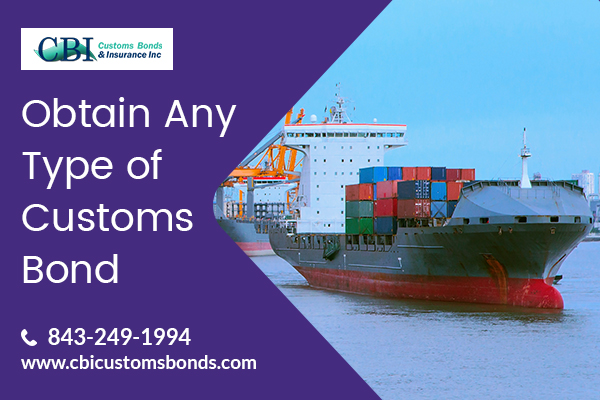How Does Customs Bond Work in Importing?
Importing of goods through ocean freight vessels incorporates many tasks for importers. This is why they need to arrange everything right before the departure of their commodities. Ocean freights are a cheapest and convenient method to carry goods in high volume. So, if you have chosen to import through the sea, you must know the importance of customs bond. The shipment coming from other countries to the United States have to go through customs clearance. The procedure of it is quite complicated and always a matter of concern for new importers.
There are specialized International Freight Forwarding (IFF) companies that help in making the process easy. Customs bond can be obtained from licensed customs brokers and IFFs always maintain good relations with professional brokers who are in the niche for several years.
Customs Bond
Customs bond is an agreement between three parties, the importer, CBP, and insurance company/broker. It is to ensure that the principal of ongoing transport is able to pay all the duties, fees, and taxes levied on the cargo. It means that the importer is following specific rules and regulations enforced by the customs and border protection agency.
Type of Bonds
There are usually two types of bonds that used frequently by freight forwarders – the Single Entry Bond and Continuous Customs Bond. A broker can determine which type of bond would be ideal for the importer and he can handle custom-related activities on behalf of the merchant. Single transaction bonds are rarely used by the importers as they prefer using continuous customs bond. It is because continuous customs bond covers all ocean activity did by him throughout one year period.
Costs
When the commercial value of goods is over $2,500, it is made mandatory by the customs authorities for carriers to obtain 301 customs bond. The calculation of the total amount of bond is not simple and depends on various factors like which bond you are purchasing. In case of a continuous bond, you must purchase a minimum of $50,000 or 10 per cent of the taxes and fees you paid in the previous year. Normally you need to pay around $450 and $500 per year for this type of bond.




Comments
Post a Comment